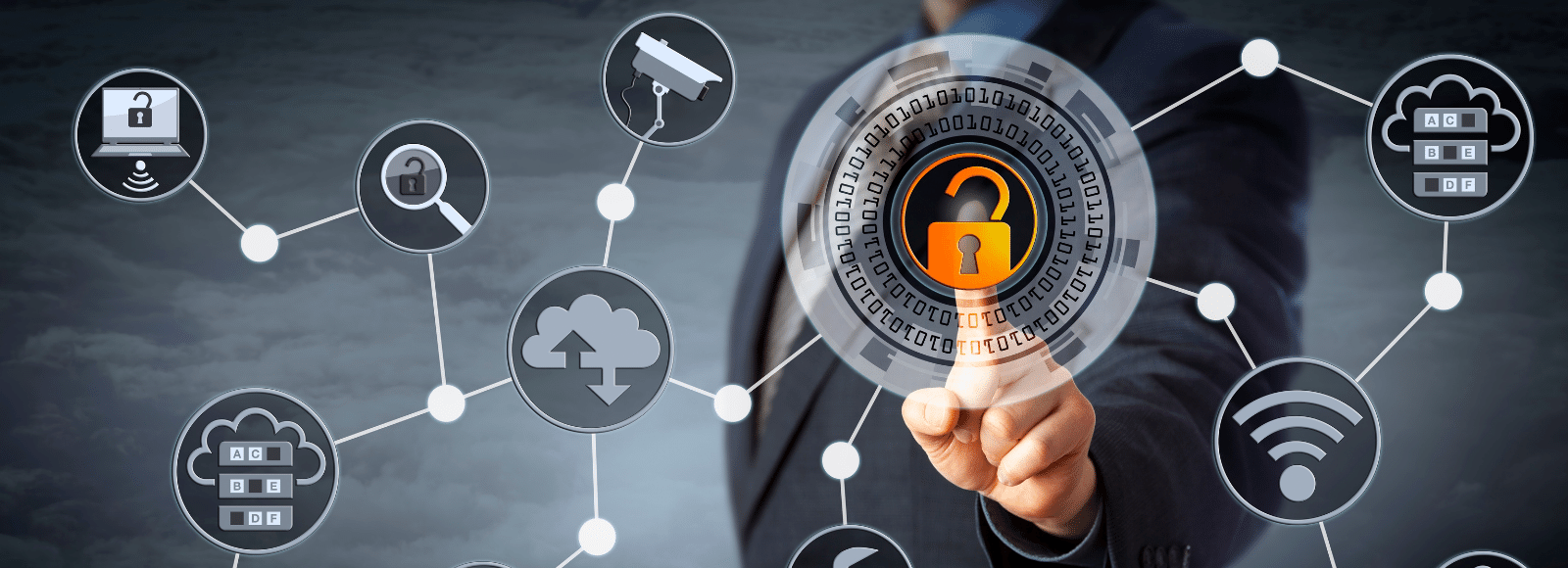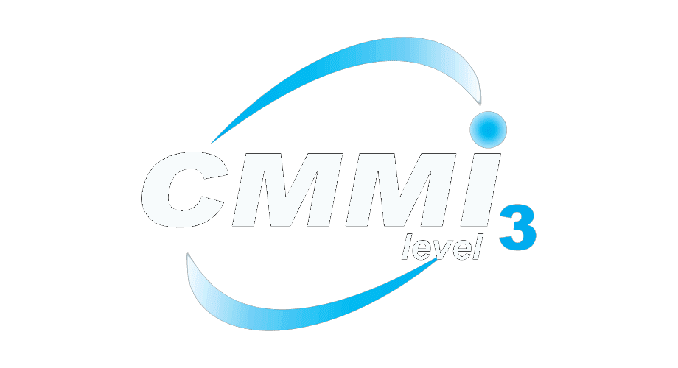Encryption and Access Control
Encryption and Access Control
Data encryption converts data from a readable, plaintext format into an unreadable, encoded format: ciphertext. Users and processes can only read and process encrypted data after it is decrypted. The decryption key is secret, so it must be protected against unauthorized access.
Encryption is the process of converting data into an unusable form and does not itself stop hacking or data theft. Instead, it prevents stolen content from being used, since the hacker or thief cannot see it in plaintext format.
Access control is a method of guaranteeing that users are who they say they are and that they have the appropriate access to company data.
At a high level, access control is a selective restriction of access to data. It consists of two main components: authentication and authorization, says Daniel Crowley, head of research for IBM’s X-Force Red, which focuses on data security.

Additional Services
Discretionary access control (DAC)
Mandatory access control (MAC)
Attribute Based Access Control (ABAC)
File or DFS encryption
Backup Encryption
Encryption of Cache & Logs
Why Brands Choose NexGen For Encryption and Access Control

Experience Led & Outcome Focused
We help brands understand the role digital can play in realizing strategic opportunities and solving real world business problems, always keeping the focus on the customer's experience and the results generated.

Proven, Rapid, Agile & Trusted Delivery Methods
Using agile methodology, always keeping you in the loop. Streamlined delivery, cost effective engagements, designed to match your goals, your timeline and your budget.

Experienced Developers
Our mobile web developers create solutions that work seamlessly across all platforms and operating systems: smartphone, tablet or laptop or running iOS, Android.

Transparent, Collaborative, Communicative
Complete project visibility and multiple open lines of communication from day one. We are available when you need us and continually updating you on your project’s status.
FAQs
Some CSPs offer a choice—they manage the encryption keys for their cloud customers, or they allow the customer to manage them. Key management is critical—loss of keys or unsecure key management can put critical data at risk. Therefore, organizations should weigh the extra cost of CSP-managed keys versus the risk of not having direct management of these essential security controls. Full regulatory compliance may tip the scales in favor of the organization holding and managing its keys.
Regardless of who holds the keys, organizations should make certain that key access is through multi-factor identification and that key storage is itself secure and backed up in case of hardware failure. Moreover, it is recommended that organizations securely keep keys on storage separate from their data.
Access control provides a range of solutions to businesses that need to control who accesses their systems. They provide added security from physical keys, although you will still be able to utilize physical keys should you need to do so. Electronic keys are virtually impossible to replicate and you won’t have to worry about losing your keys as every key is programmed with a unique code that can be replicated by the provider if lost or stolen. Your old key will then be deactivated and rendered useless.
Another benefit of access control systems is that you’ll be able to set days and times that each user is able to access the building and even customize locations that your employees can access. Access control makes security easy and customizable for everyone that needs to be on site.
You’ll also be able to record who accessed your building and when. All of this data is recorded and you’ll be able to access it at any time. This data is particularly useful for times when security breaches, theft, or other suspicious activity occurs.



